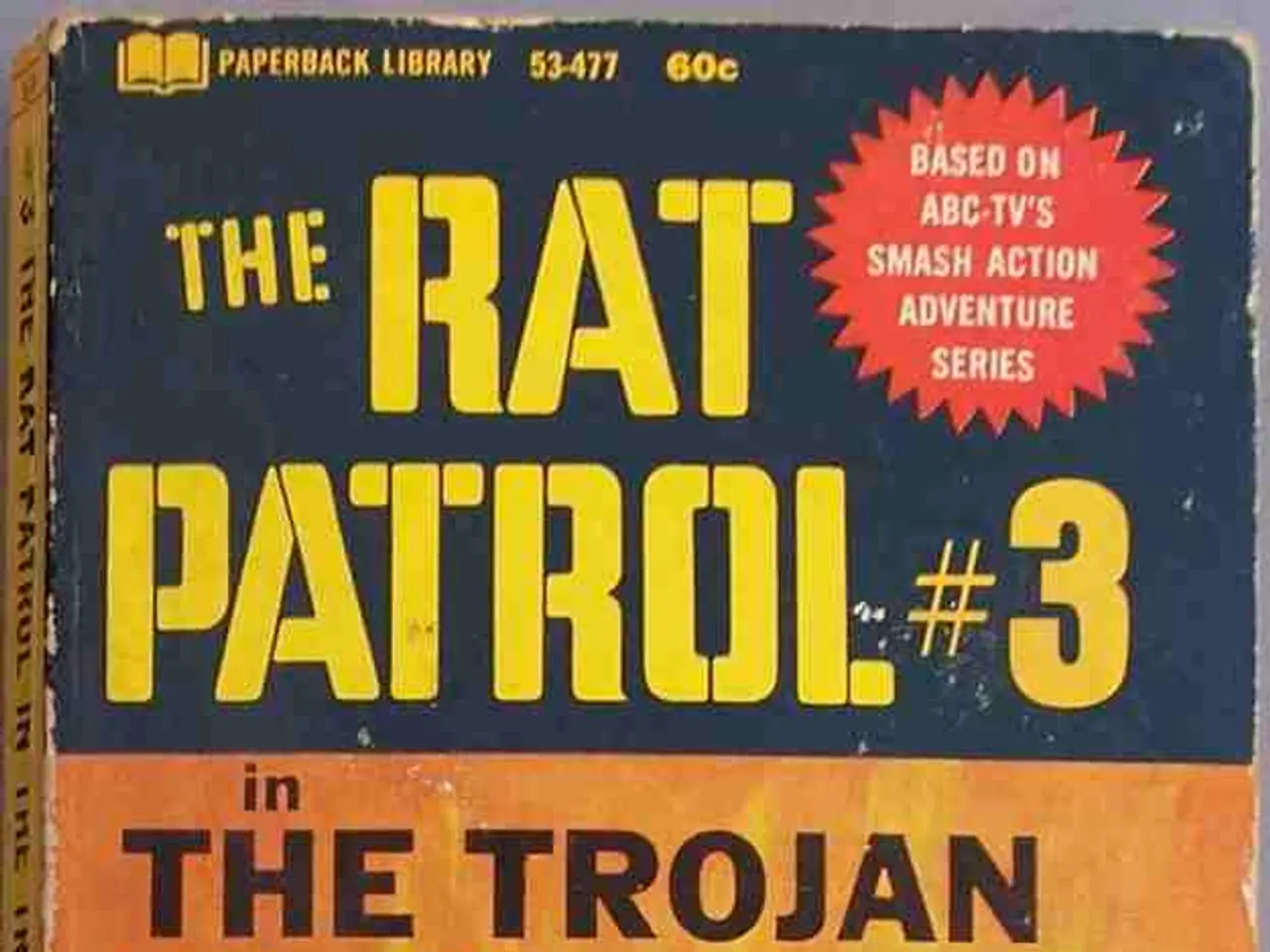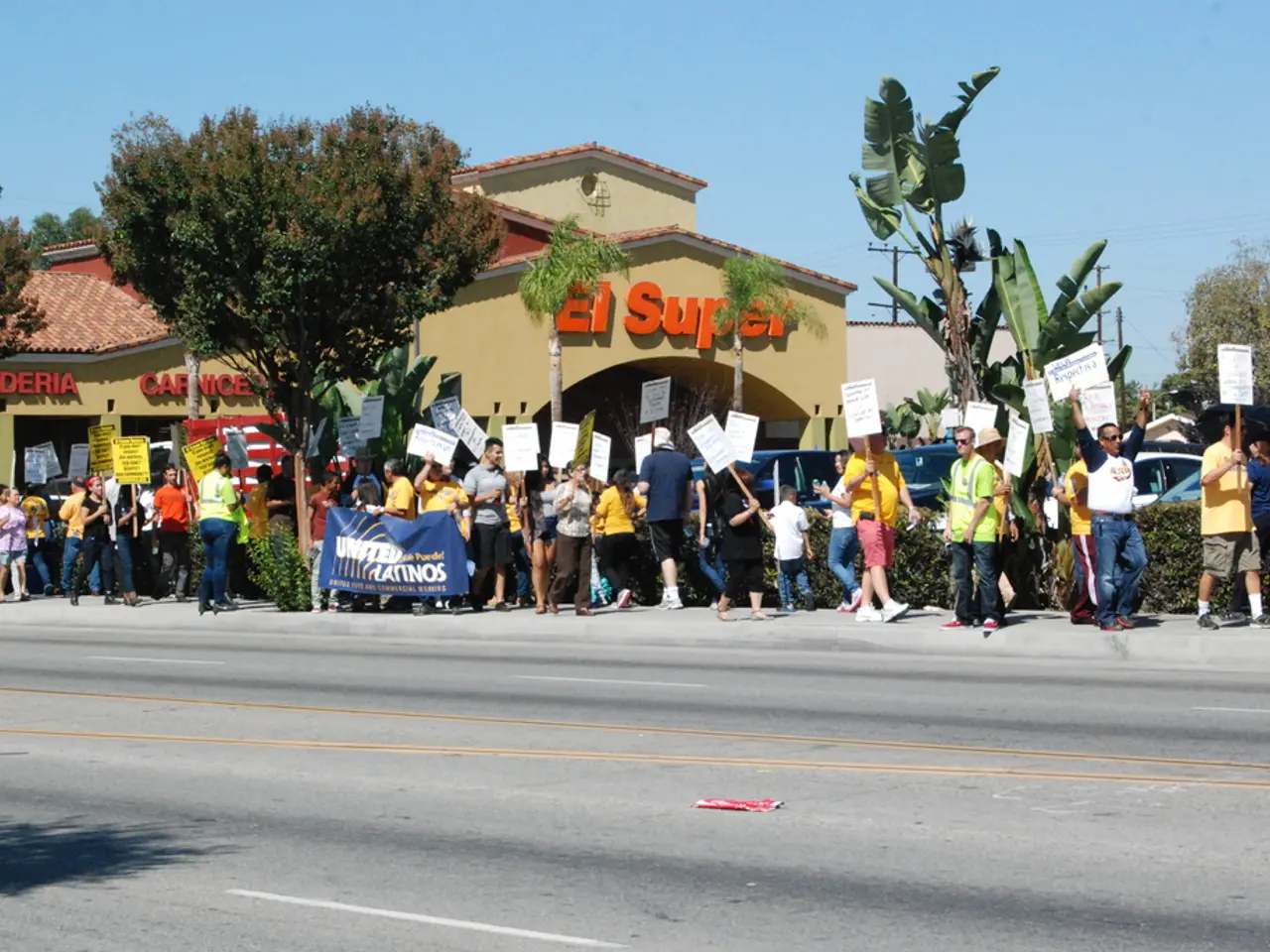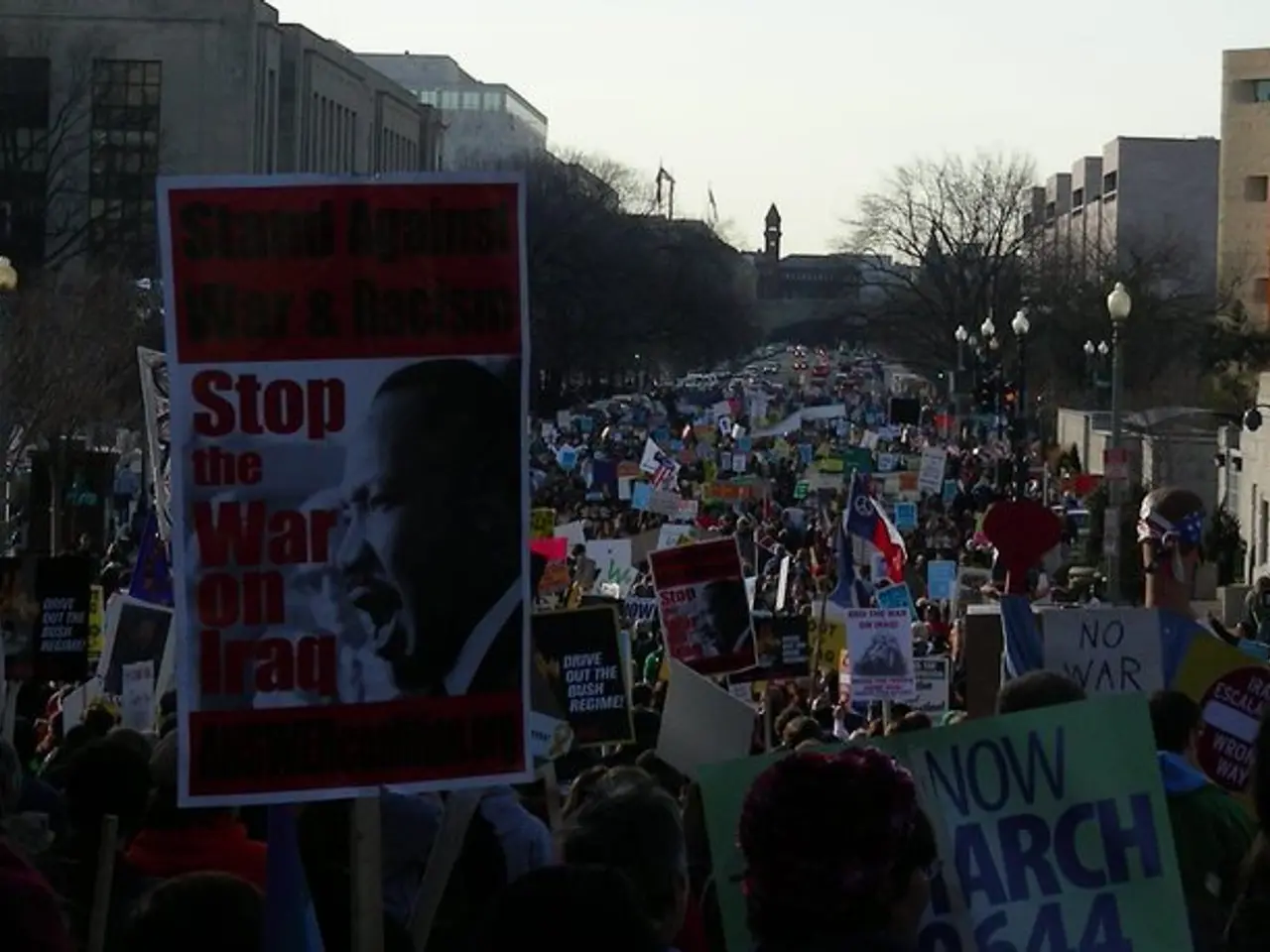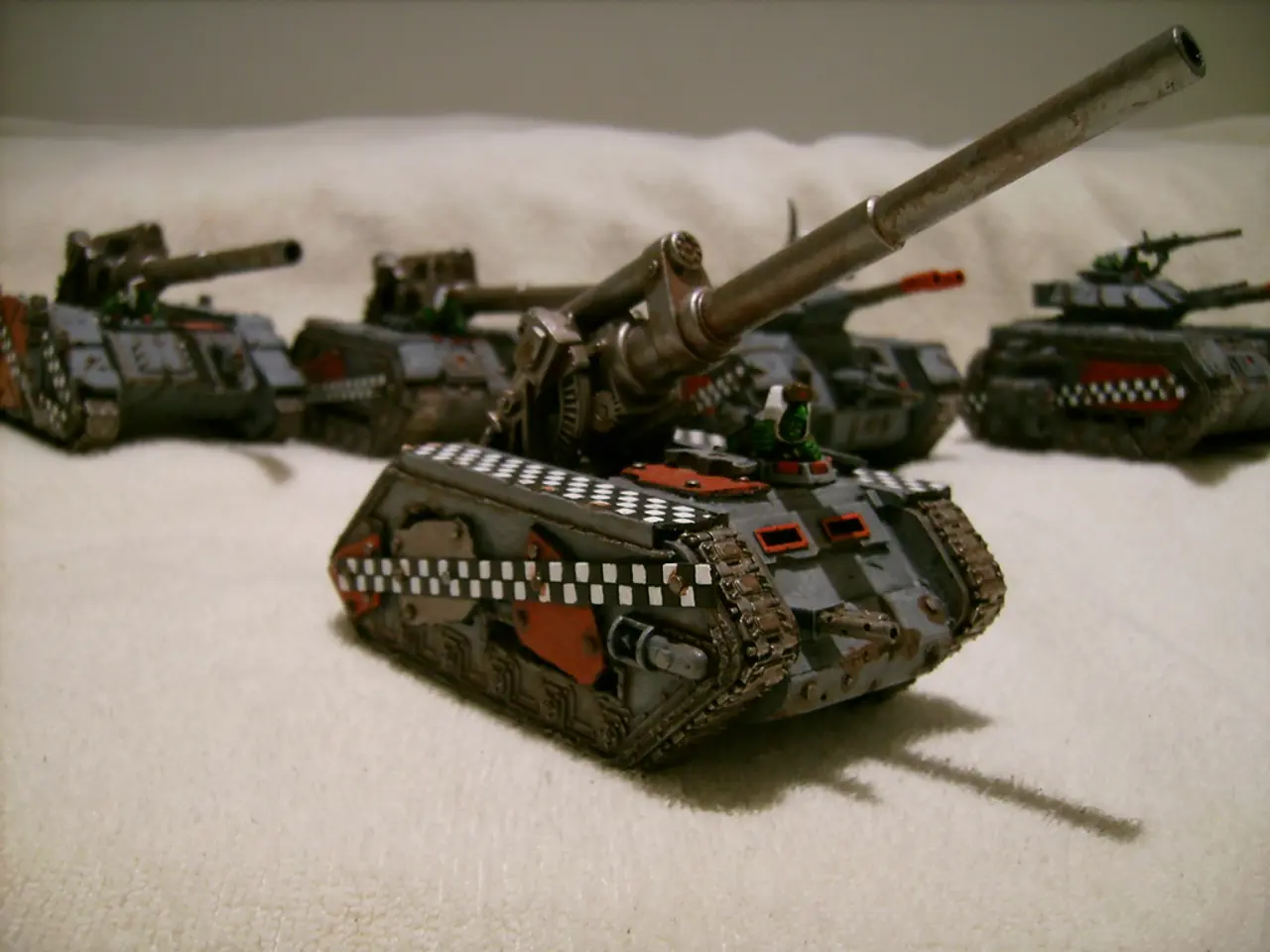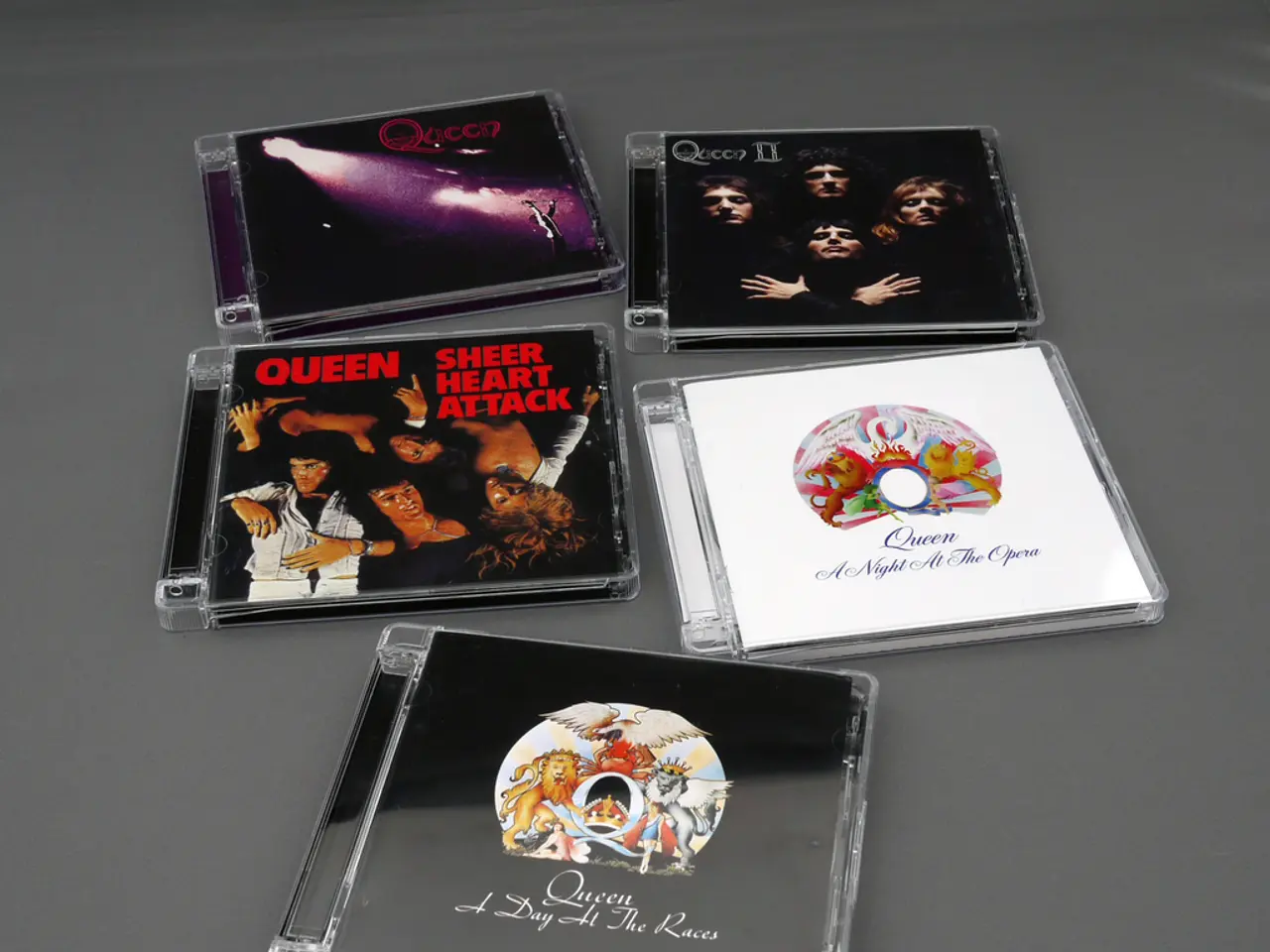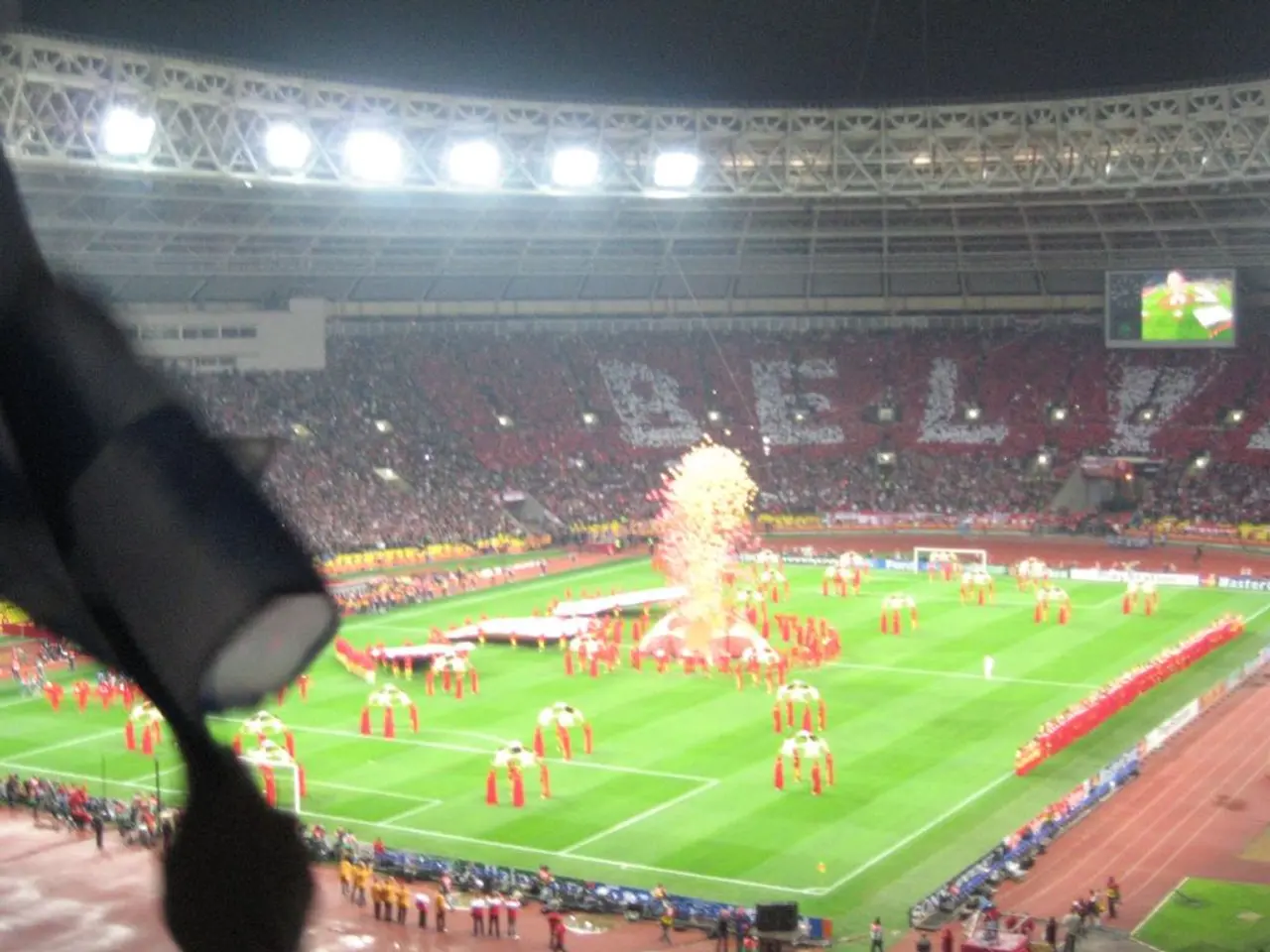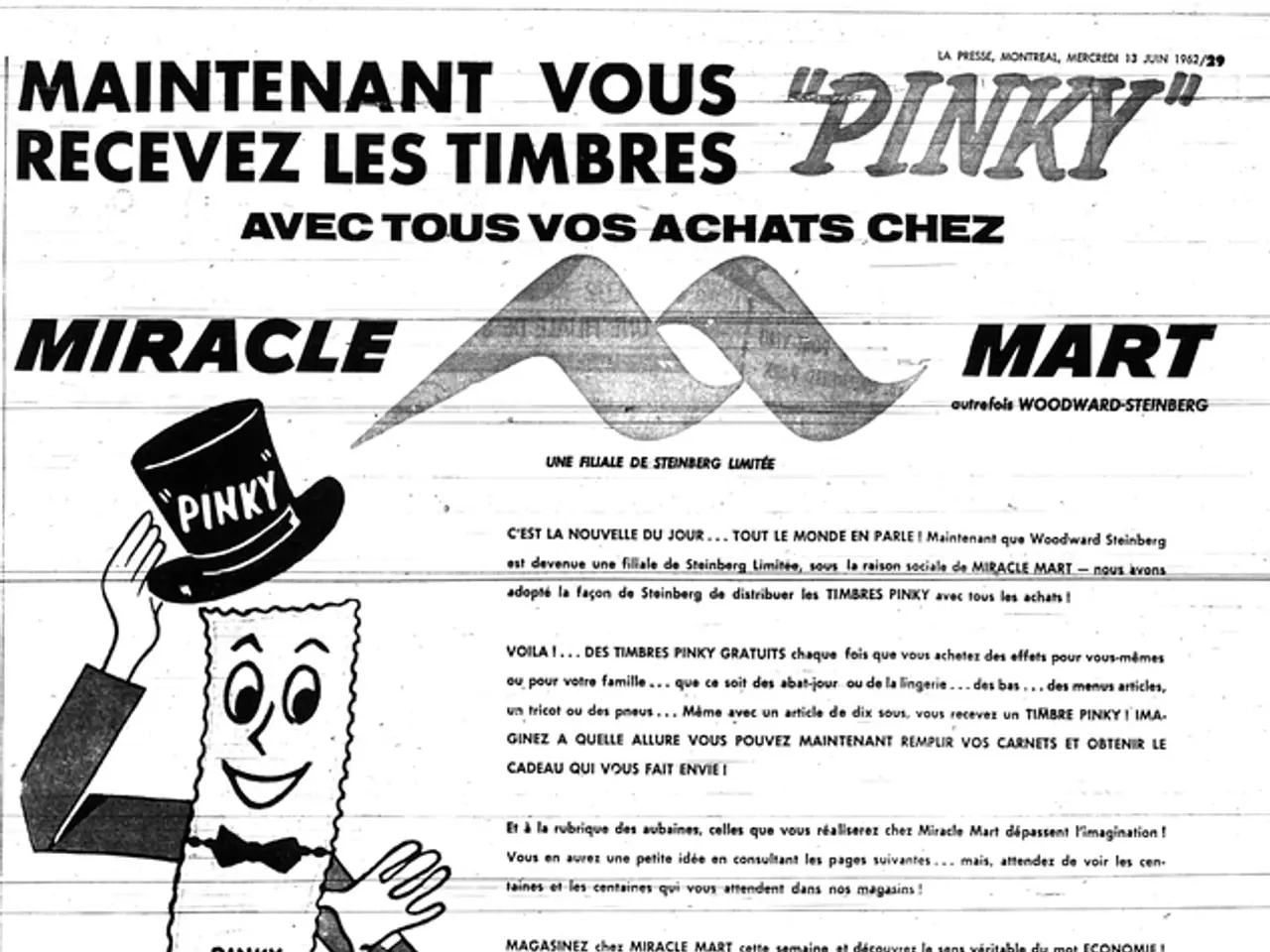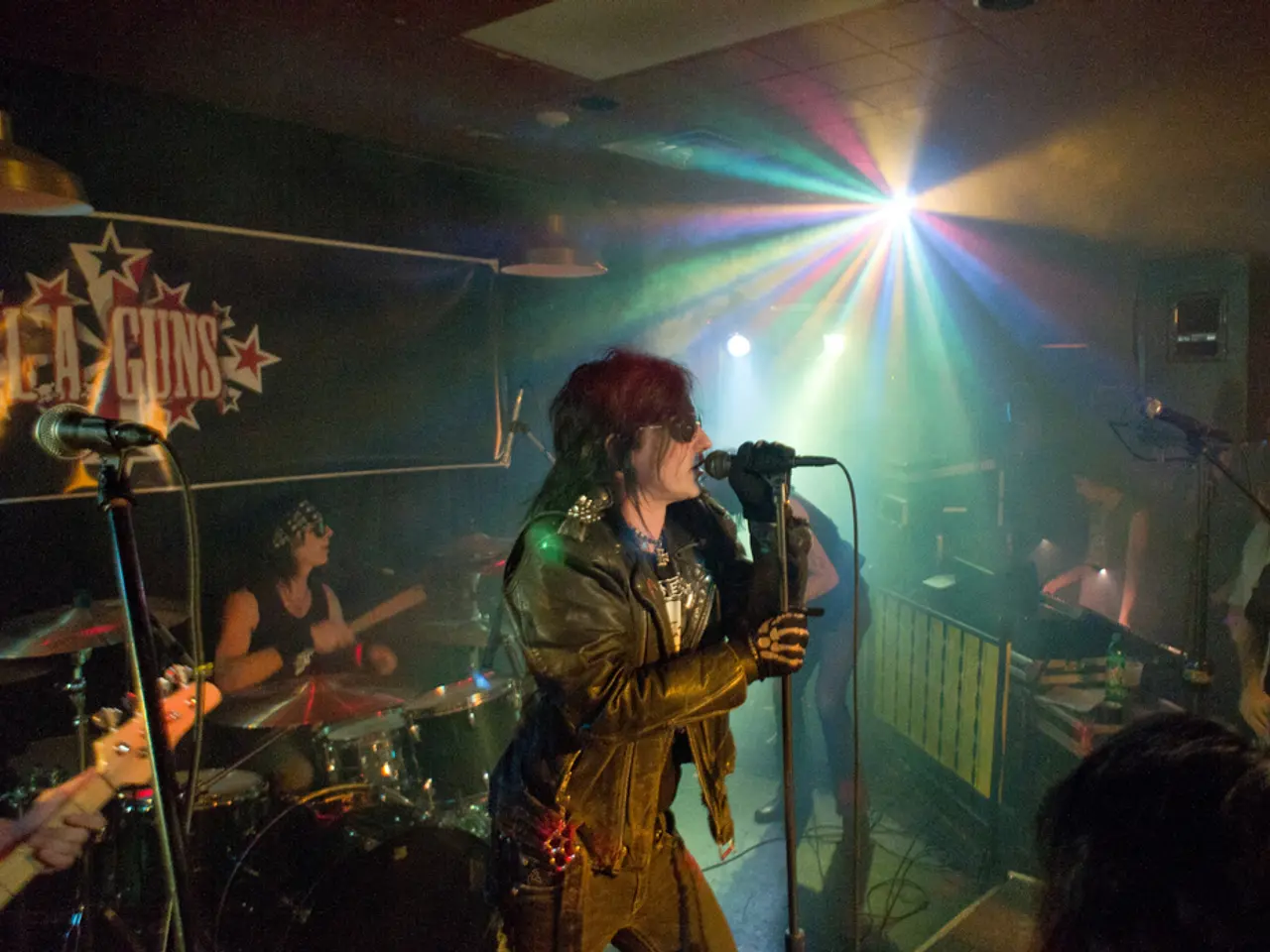Controversial Comments: Toscani Slams Rehlinger - Commerçon Counters Accusing CDU of "Political Theater"
The ongoing crisis in Germany's steel and automotive sectors has sparked a heated debate between SPD faction leader Ulrich Commerçon and CDU faction leader, Wolfgang Toscani. The controversy revolves around the attribution of responsibility for the crisis and the most effective approach to resolving it.
Background of the Crisis
Germany's steel and automotive industries have been grappling with significant challenges due to global overcapacity, changing demand patterns, increased environmental regulations, rising energy costs, and shifting consumer preferences towards electric vehicles. These pressures have led to job losses, plant closures, and a need for structural adjustments within these traditional industrial pillars of the German economy.
Toscani's Position
Toscani criticizes the former SPD-led federal government for its handling of the crisis, arguing that the SPD-led administration did not take sufficient or timely measures to modernize the industries or to cushion them against global competitive pressures. He contends that the previous government's policies were either too accommodating to trade unions and legacy industry interests or too slow in embracing necessary industrial transformation.
Toscani is also skeptical about the current CDU's approach, believing that although the CDU has taken a more market-oriented stance, their solutions risk being insufficiently proactive or too focused on short-term stabilization rather than long-term industrial renewal.
Commerçon's Perspective
By contrast, Commerçon places more blame on the current CDU-led federal government for mismanaging the crisis. He argues that the CDU inherited the problems but has not implemented the necessary strategic reforms or industrial policies to revive competitiveness in these key sectors. Commerçon accuses the CDU leadership of retreating from commitments to industrial innovation, failing to invest adequately in sustainable technologies, and not effectively supporting workers affected by the economic downturn in these sectors.
Commerçon tends to view the SPD-led government’s tenure as a period when more progressive policies toward industrial transition and social protections were developed but not fully realized or maintained under the CDU.
Core of the Controversy
The controversy hinges on the attribution of responsibility, approaches to solutions, and industrial policy philosophies. Toscani sees the roots of the crisis and the failure to act primarily in the SPD era; Commerçon assigns more responsibility to the current CDU government. Toscani favors a critique of both parties but with a focus on more structural reforms that neither side has fully committed to, while Commerçon emphasizes the inadequacy of the current government’s policies, advocating for stronger intervention and innovation policies.
The Debate Unfolds
In the heat of the debate, Commerçon rejected Toscani's attacks, accusing him of exploiting the crisis for political gain. Toscani, in turn, criticized the former SPD-led federal government and Rehlinger personally for the problems in the German steel industry. Commerçon accused Toscani of exploiting the concerns of employees in the steel industry, while Toscani claimed that honesty towards the employees and the Saarland's population would be more appropriate than shifting blame.
Toscani also accused Rehlinger of overlooking a crucial factor in the steel industry crisis and stated that the current economically viable conditions do not support the project of green steel production with green hydrogen, a decision he criticized the former SPD-led federal government for making. Commerçon reminded that the coalition agreement between CDU and SPD agreed to phase out the internal combustion engine "flexibly and pragmatically."
In the face of this political discord, both leaders call for a cross-party approach instead of populist blame games, with Commerçon proposing a "compact of the center" instead of political theater. The future of Germany's steel and automotive industries hangs in the balance as these two leaders continue to spar, each advocating for their respective solutions to this complex crisis.
The controversy surrounding Germany's steel and automotive sectors' crisis extends to policy-and-legislation and politics, as SPD faction leader Ulrich Commerçon and CDU faction leader Wolfgang Toscani engage in a heated debate. Toscani accuses the previous SPD-led federal government of inadequate actions to modernize the industries, while Commerçon criticizes the current CDU government for mismanaging the crisis and failing to implement necessary strategic reforms. General-news outlets report that both leaders call for a cross-party approach and emphasize the importance of honesty and a "compact of the center" to address the complex crisis.

